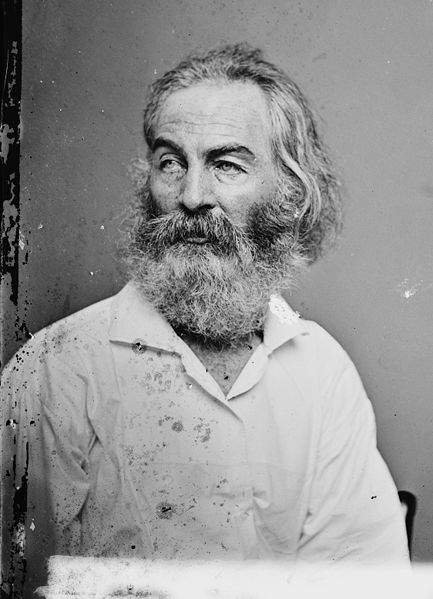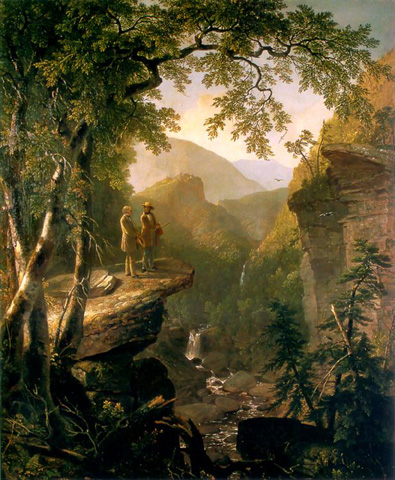Given the lamentable state of the world, it's a characteristically human endeavor to beseech the heavens for divine guidance. To appeal to God, or whatever cosmic forces there may be in existence, to give us the means in which to address the woes that continually plague us through the centuries and presently threaten all of life on earth through either environmental degradation or nuclear obliteration -- so we will and we do.
The predominant cosmic force that I cite in this blog is the poetic genius and how it relates to the course of human evolution. By citing the poetic genius in relation to both human nature and human history, my argument goes, one can then make a projection as to where we need to go as a society. The modern era has exalted science, education, and reason but has failed to contend adequately with human passions; thus we find ourselves in the realm of the prophets.
In the previous blog entries, I addressed the fatal human passion of greed, in both wealth and power. But ask yourself, who among us -- especially as Americans -- has not strived to increase their wealth and power, or wealth and status? It is our nature, to be sure, and inextricably tied to our self-esteem, our ability to attract a mate, our level of security, etc. The problem we must recognize, however, if we're to truly learn from history, as Thucydides invites, is disarming this passion from becoming a destructive force. Unlike Thucydides, however, to acheive this we'll have to introduce a romantic element.
As the poet makes use of narrative, we can insert a romantic element from western myth in the form of a dragon. The hoarding dragon of myth, whose nature is to consolidate wealth and perch on his position to instill fear across the land should anything or anybody threaten that wealth, is representative of the human passion of greed for both wealth and power. Here I'm suggesting we have a dragon to slay.
Subscribe to:
Post Comments (Atom)














No comments:
Post a Comment